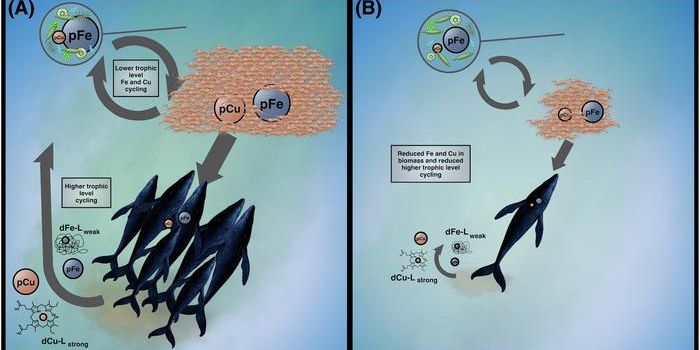How Does Pregnancy Affect Kidneys? Computer Simulations Can Provide Insight
Pregnancy can have a substantial impact on the kidneys—as the body strives to supply a growing fetus with the nutrients it needs, the mother’s body holds on to more nutrients and minerals (such as potassium and sodium), which can cause above-normal strain on kidney function. Because of this extra strain, researchers believe the kidney can be the source of many gestational diseases, such as gestational diabetes, which affects up to 10% of pregnancies each year.
However, conducting research to evaluate different kinds of kidney strain and its effect on overall maternal health is challenging, not least of all because of the undue stress and risks involved with studying pregnant mothers. Rats are often used to test questions about pregnancy and health, though there is still a lot that’s unknown about how pregnancy affects kidneys.
In response, researchers are looking to computer simulations, or in-silico experiments, to model how the kidneys might respond in different ways to the different stresses of pregnancy—filling what researchers say is a huge gap in our understanding about pregnancy.
In-silico experiments became increasingly popular at the start of the COVID-19 pandemic, when many clinical trial activities were put on hold. In-silico trials are essentially a type of test or experiment run using a computer rather than actual participants. Similar to other types of predictive analytics and artificial intelligence, researchers can input data from real patients (e.g., health histories, diagnoses, response to treatments) that will allow a computer model to “learn” about the effectiveness of a particular treatment or model the effects of a certain condition. Using this data, the computer can start to make predictions about hypothetical scenarios.
In a new paper published in the American Journal of Physiology-Renal Physiology, researchers outline their attempts to model how adaptive changes to the kidney affect the kidney’s ability to keep up with electrolyte requirements and volume needs in pregnant rats. Rats were chosen for the study because of the wealth of existing data that could be used to help the computer simulation “learn.”
Researchers hope that what they learn from computer models could inform more timely, effective treatment for gestational diseases.
Sources: Eureka Alert!; American Journal of Physiology-Renal Physiology; CDC








